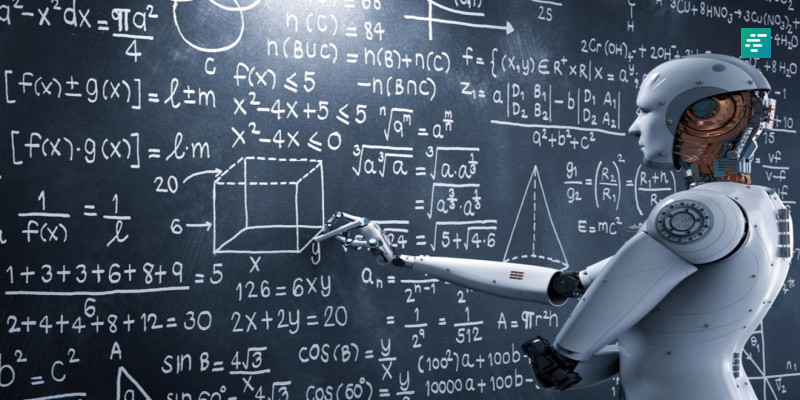
The Future Of Education- Innovations Shaping Tomorrow's Classrooms
- DIY and Life Hacks
- 24 Jul, 2024
- 1305
In an era marked by rapid technological advancement and evolving societal needs, the landscape of education is undergoing profound transformation. From personalized educational experiences to the integration of cutting-edge technologies, here’s a glimpse into what the future of education may hold.
Personalized Learning: Tailoring Education to Individual Needs
One of the most significant shifts in education is the move towards personalized learning. This approach acknowledges that students have different strengths, interests, and learning paces. Adaptive learning technologies, powered by artificial intelligence (AI), are already making it possible for educators to tailor curriculum and teaching methods to meet the unique needs of each student. Whether through personalized lesson plans, adaptive assessments, or AI tutors that provide instant feedback, the future classroom promises a more customized educational experience that enhances student engagement and achievement.
AI and Machine Learning: Enhancing Teaching and Learning
Artificial intelligence and machine learning are set to play pivotal roles in education, not only in personalized learning but also in administrative tasks and educational research. AI-powered analytics can analyze vast amounts of student data to identify patterns and insights that inform instructional strategies and policy decisions. Chatbots and virtual assistants are already assisting students with queries and administrative tasks, freeing up educators to focus more on personalized instruction and mentorship.
Skills for the Future: Preparing Students for a Dynamic World
As the job market evolves, so too must education. The future curriculum will increasingly emphasize skills such as critical thinking, creativity, collaboration, and digital literacy—skills that are essential for navigating a rapidly changing world. Project-based learning and experiential learning opportunities will become more prevalent, equipping students with practical skills and real-world experience that prepare them for success in their careers and communities.
Global Connectivity: Fostering Collaboration and Cultural Understanding
Advancements in technology have facilitated global connectivity, allowing students to collaborate with peers and experts from around the world. Virtual classrooms, online forums, and collaborative platforms break down geographical barriers, fostering cross-cultural communication and understanding. This interconnectedness not only enriches the learning experience but also prepares students to thrive in a globalized society where cultural competence and empathy are increasingly valued.
While the future of education holds immense promise, it also presents challenges. Issues of data privacy, digital equity, and the ethical use of AI must be carefully navigated to ensure that advancements in technology benefit all students equitably. Furthermore, the role of educators will evolve from traditional instructors to mentors and facilitators of learning, requiring ongoing professional development and support.
As we peer into the future of education, one thing is clear: change is inevitable, and innovation is key. By embracing emerging trends and leveraging technology responsibly, educators can create inclusive, engaging learning environments that empower students to thrive in an interconnected world. Together, we have the opportunity to shape a future where education is not just a pathway to knowledge but a catalyst for personal growth, societal progress, and global collaboration!